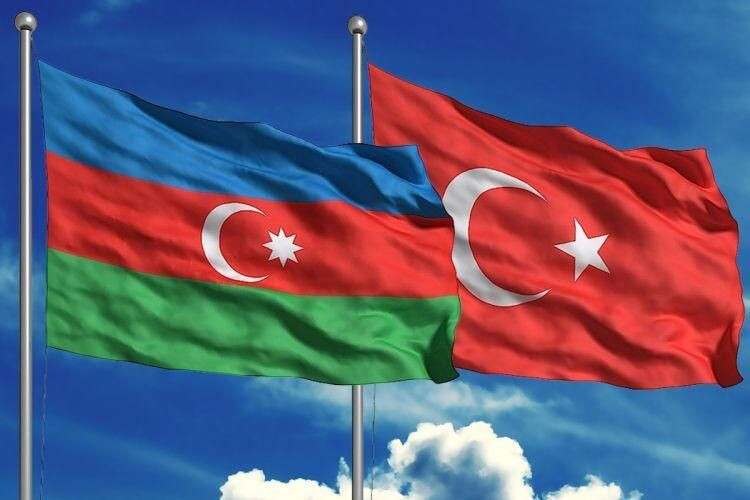
Ankara/Baku, March 6, 2025 – Türkiye and Azerbaijan have solidified their energy partnership into a model of regional cooperation, marked by substantial operational achievements and ambitious future projects. The alliance, deeply rooted in shared history and strategic interests, is reshaping the energy dynamics of Eurasia, enhancing security and fostering economic growth.
A landmark natural gas cooperation pact, effective as of March 5, 2025, underscores the deepening integration. This agreement facilitates increased Azerbaijani gas flows to Türkiye and Europe via the Trans-Anatolian Natural Gas Pipeline (TANAP) and the Baku-Tbilisi-Erzurum (BTE) pipeline. The recent inauguration of the Iğdır-Nakhchivan pipeline, linking Türkiye’s gas network to Azerbaijan’s exclave, further exemplifies the innovative solutions enhancing regional energy resilience.
Türkiye’s pivotal role in the Southern Gas Corridor (SGC), including TANAP and the Baku-Tbilisi-Ceyhan (BTC) oil pipeline, stands as a testament to this successful collaboration. With TANAP’s capacity doubled to 32 billion cubic meters (bcm) annually, Türkiye has emerged as a crucial transit hub, significantly reducing Europe’s reliance on Russian gas. The operational Iğdır-Nakhchivan pipeline has ended Nakhchivan’s dependence on Iranian gas, reinforcing Türkiye’s position as a reliable energy partner.
Looking forward, both nations are set to expand their cooperation with projects aligned with economic and sustainability goals. Azerbaijan aims to increase gas exports to Europe to 20 bcm annually by 2027, with Türkiye facilitating this transit. Potential integration of Turkmen gas via a Trans-Caspian pipeline would further solidify Türkiye’s hub status.
A significant focus is on renewable energy. Azerbaijan’s Energy Minister Parviz Shahbazov has confirmed feasibility studies for a “renewable energy corridor” with Türkiye, targeting green energy exports to Europe. Projects like the “Azerbaijan-Türkiye-Europe” corridor aim to transmit 1 gigawatt (GW) of renewable energy from Nakhchivan initially, with potential for expansion.
Investments in solar and wind projects, such as the Garadagh Solar Plant and the Khizi-Absheron Wind Plant, are underway, with plans to integrate these into Türkiye’s grid via Nakhchivan. The “Caspian-Black Sea-Europe” corridor aims to transmit 4 GW of clean energy, aligning with EU decarbonization goals.
The Türkiye-Azerbaijan partnership is a transformative force, countering regional rivals and enhancing sovereignty. The Iğdır-Nakhchivan pipeline, for example, frees Nakhchivan from Iranian energy influence. The SGC’s expansion secures energy flows to Southeast Europe, with Türkiye as the linchpin.
Moreover, the Trans-Caspian East-West-Middle Corridor Initiative (Middle Corridor) amplifies their strategic position in global trade. This multimodal route, connecting Southeast Asia and China to Europe via the Caspian Sea and Türkiye, has gained significant momentum amid geopolitical shifts, offering a shorter, safer trade route.
Azerbaijan’s push for renewable energy, supported by Türkiye, elevates its global profile as a clean energy supplier, especially as the host of COP29 in 2024. This partnership aligns with Türkiye’s vision of leading the global energy transition, cementing both nations’ roles as pivotal players in the Eurasian energy landscape.
[Copyright (c) Global Economic Times. All Rights Reserved.]




























